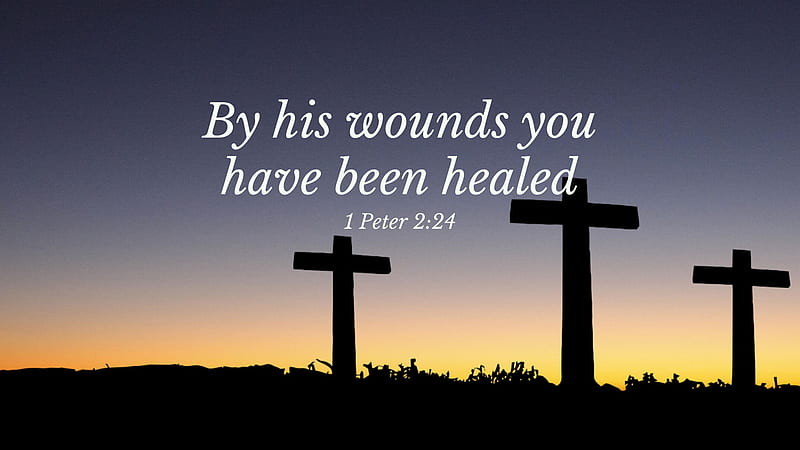
But He was wounded for our transgressions,
He was ]bruised for our iniquities;
The chastisement for our peace was upon Him,
And by His stripes we are healed.
All we like sheep have gone astray;
We have turned, every one, to his own way;
And the Lord has laid on Him the iniquity of us all.
Isaiah 53:5-6
Biblical Reflection on Isaiah 53:5-6
The verses from Isaiah 53:5-6 are among the most poignant in Scripture, revealing the sacrificial love of Christ and the redemption He offers humanity. These words transcend time, presenting a vision of Christianity that remains vital yesterday, today, and always.
This prophecy, written centuries before Jesus walked the earth, foretells His suffering and ultimate victory. “He was wounded for our transgressions; He was bruised for our iniquities.” This illustrates the gravity of sin—not just as a failing but as a burden that required divine intervention. By taking our punishment, Jesus bore the weight of humanity’s rebellion. In His stripes, the evidence of physical torment, we find healing—not merely physical, but spiritual and eternal restoration.
The imagery of sheep going astray is profound. Sheep are helpless creatures, prone to wander and incapable of finding their way back without guidance. This metaphor illustrates the human condition—our tendency to follow personal desires, often at the expense of God’s will. Yet the Lord’s intervention redirects us. The Good Shepherd does not abandon His flock but brings us back into fellowship, offering grace and redemption.
Scriptural Support and Moral Insights
The suffering servant described in Isaiah aligns closely with the depiction of Jesus in the New Testament. In Matthew 8:17, the Gospel echoes this prophecy, stating that Jesus “took up our infirmities and bore our diseases.” Similarly, 1 Peter 2:24 declares, “By His wounds, you have been healed.” These passages reiterate the powerful theme of substitution—that Christ endured what we deserved.
From a moral perspective, Isaiah’s words challenge us to contemplate the cost of our redemption. It is an invitation to live righteously, not as an obligation but as an act of gratitude. It also calls for humility, acknowledging our dependence on God’s grace. In our wandering, we find not judgment but an open invitation to return—a truth that resonates deeply in the lives of believers.
Christianity Yesterday, Today, and Always
The cross remains central to Christianity, just as this prophecy underscores. Yesterday, believers found strength in its promise; today, we continue to draw hope and direction from it; always, it will remain a beacon of reconciliation. The universality of Isaiah’s message bridges generations, making it a cornerstone for understanding both the past and present role of faith.
A Powerful Prayer
Heavenly Father, we humbly bow before You, grateful for the sacrifice made on our behalf. Thank You for sending Your Son to carry our transgressions and heal our brokenness. Help us to remember His stripes, His suffering, and His victory over death. May we never take for granted the grace You extend. Teach us to walk in Your ways, to be reflections of Your love and mercy to those around us. Guide us when we stray and strengthen our faith that we may remain steadfast in Your truth. In Jesus’ name, Amen.
Meditative Thought for the Day
Reflect on this truth: The stripes of the Savior are marks of our healing and restoration, a gift unearned yet freely given. God Bless You All~







